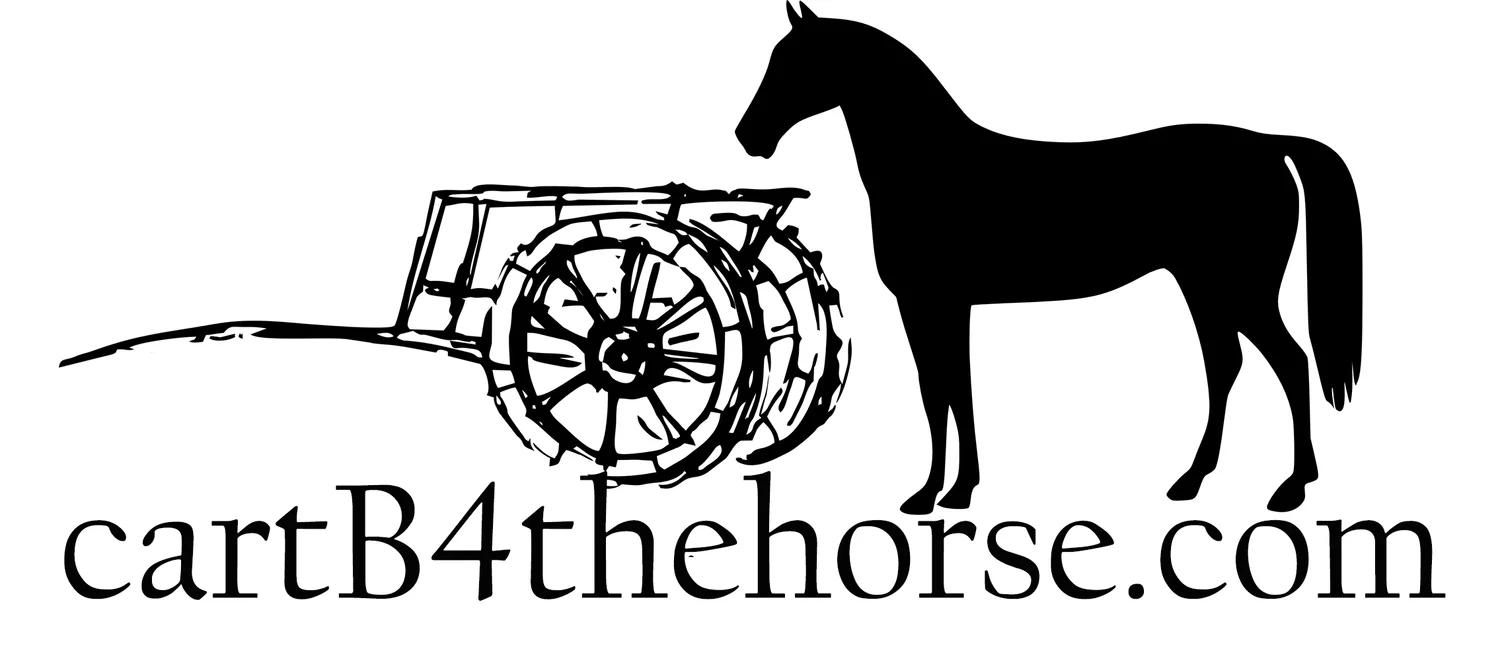Christmas Comes to Bridgman
/The young men of La Salle: Expedition II struggled north along Lake Michigan’s shore toward the St. Joseph River. It was late December 1976 and the lake was a sea of ice. Someone could tee up a golf ball and drive it, bouncing it the distance of a modest par four before the dimpled ball hit water. Close in, the ice rose like a short cliff up to six feet high, preventing any attempt to launch. The canoes had been put in storage. Ice caked the men’s moccasins and clung to their beards. The teenage voyageurs trudged through snow for days. It would be a white Christmas, and very cold.
Voyageurs were of good cheer at Christmastime 1976, though this group showed evidence in their dress and the frost on their beards that the Polar Vortex of 1976-77 was with them to stay.
In a Michigan City, Indiana home the boys had sung carols as well as the folk songs that were their bread and butter. Far out, whitecaps danced in the dusk like twinkling tree lights. The temperature was a robust seventeen degrees, but one of the men had heard of a wind chill of thirty-three degrees below zero. Was that yesterday? Tomorrow? It scarcely mattered. The snow was deep, the air was freezing, and their lone, tent, pitched over paddles in remote sites, sat darkly on the frozen earth but for the light of the campfire.
In Bridgman, Michigan a sponsor had found a campsite behind a gas station, somewhat sheltered from the wind. Before dawn on Christmas Eve, the men rose and boarded a bus to South Bend, where they visited three hospitals and four nursing homes. The old men and women smiled as they heard the sound of French paddling songs.
That night, while awaiting midnight mass at Notre Dame University, the voyageurs were entertained by their liaison team, mostly a group of young women who had taken scorn and derision from the boys for whom they now performed. Theirs was a lampoon of the same skit the boys had performed hundreds of times to audiences on shore, and the laughter was a balm for young people much in need of goodwill.
Long after the carols had drifted away, the crew returned to their campsite at 3 a.m. Shepherds who had kept watch over this flock had come like angels in their absence. A local 4-H club had dropped off a basket of fruit. A small, decorated tree stood lighted near the voyageur shelter. And there were tidings of great joy posted on the bathroom wall to let the guys know that the phone would be available Christmas morning for anyone who wanted to call home.
Earlier that night, a bright light shone down on the low-slung canvass. The neon sign by now was dark, but its symbolism was unmistakeable. On this silent night, the Texaco star hung fixed in the heavens above the deep and dreamless sleep of the voyageurs.





